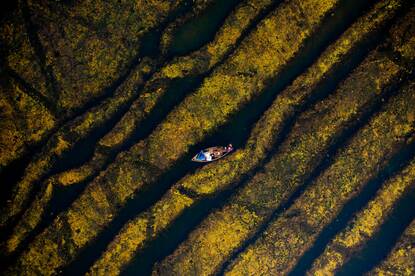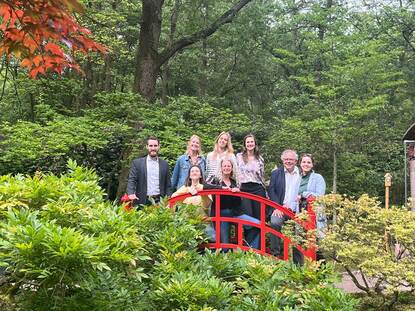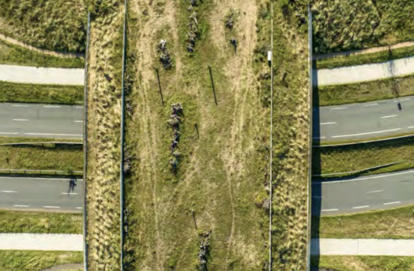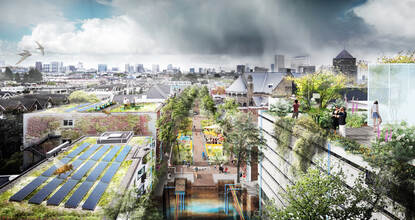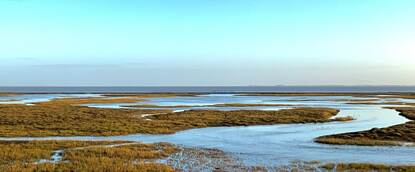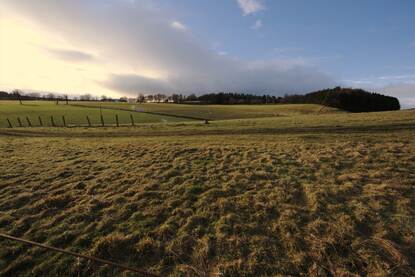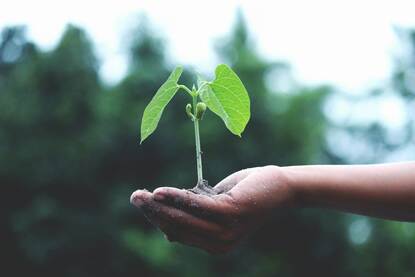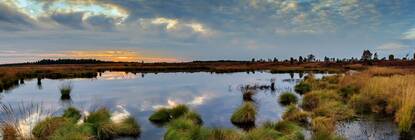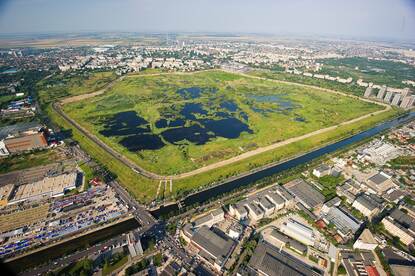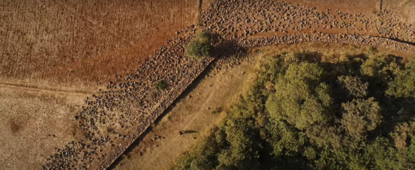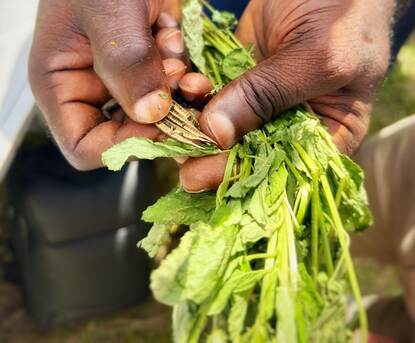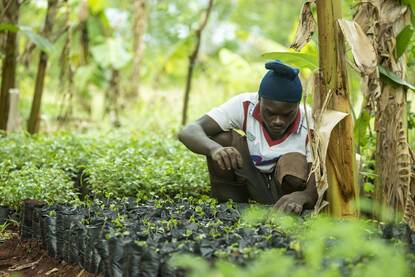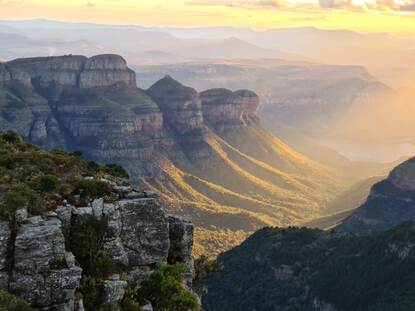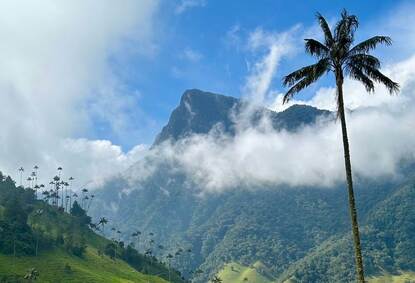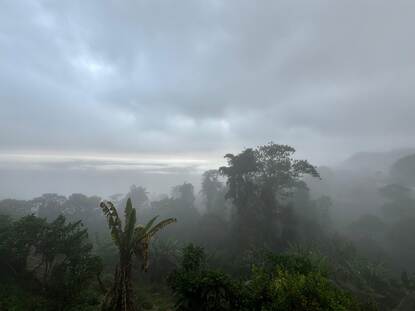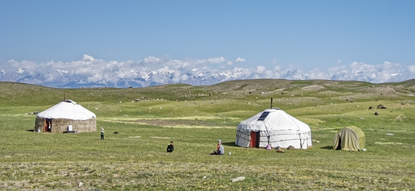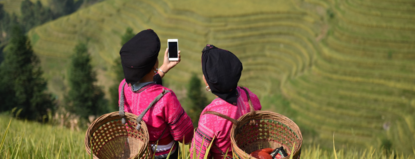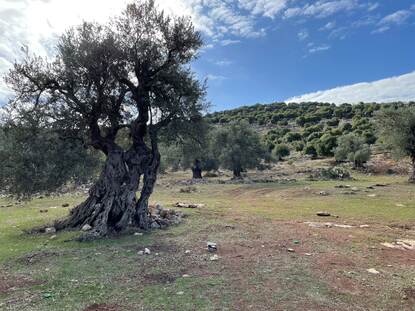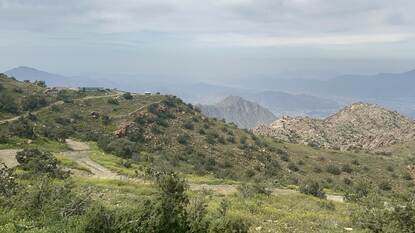Argentina's economy is closely tied to biodiversity. But it also needs to protect its ecosystems. The Netherlands Agricultural Network (LAN) team Cono Sur at the Dutch Embassy in Buenos Aires is involved in several ongoing projects aimed at connecting agricultural productivity with environmental conservation. Such as INBIOAGRO which creates field management strategies and solid indicators to assess the state of biodiversity in farming and livestock systems. And a forestation project with Solidaridad and the Tropical Forest Alliance restoring 120,000 hectares of native forests in the Gran Chaco.
Argentina, like many other countries, has a National Biodiversity Strategy and Action Plan 2016-2020, which has been extended to 2024. This strategy aligns with achieving the Aichi Biodiversity Targets, set by the UN Convention of Biological Diversity in 2011 providing a framework for countries to address the growing rates of biodiversity loss and promoting a sustainable use. It is now being updated to meet the new goals of the Kunming-Montreal Global Biodiversity Framework: protecting and restoring biodiversity, ensuring its sustainably use, guaranteeing fair and equitable sharing of benefits from genetic resources and securing the necessary means for implementation.
Additionally, both national and provincial governments have climate change response plans. These plans include adaptation and mitigation measures that overlap with conserving biodiversity and natural resources, contributing to a more unified vision of preserving and sustainably using biodiversity.
Argentina’s reliance on biodiversity
Argentina's economy is closely tied to biodiversity. In 2022, agriculture, livestock, hunting, and forestry, along with fishing, made up 6.95% of the total GDP. Moreover, primary products and agricultural-based goods accounted for 56.4% of the country’s exports, according to an April 2023 report from INDEC (National Statistics Agency). This shows how much Argentina relies on biodiversity to generate foreign exchange and stabilize its economy.
At the same time, this reliance on biodiversity for economic growth is one of the major causes of the decline in biodiversity. Expanding farmland, introducing non-native species, and climate change are some of the biggest threats to biodiversity, as noted in the National Biodiversity Strategy.
As global demand for agricultural products continues to grow, Argentina finds itself at a crossroads, trying to balance economic development with the need to protect its ecosystems. As Argentina works through the complexities of sustainable agriculture, the Netherlands Agricultural Network (LAN) team Cono Sur collaborates with multiple partners to find ways to connect agricultural productivity with environmental conservation. These partnerships have laid the groundwork for meaningful change, paving the way for a more resilient and sustainable agricultural sector that supports both biodiversity and natural resource conservation.
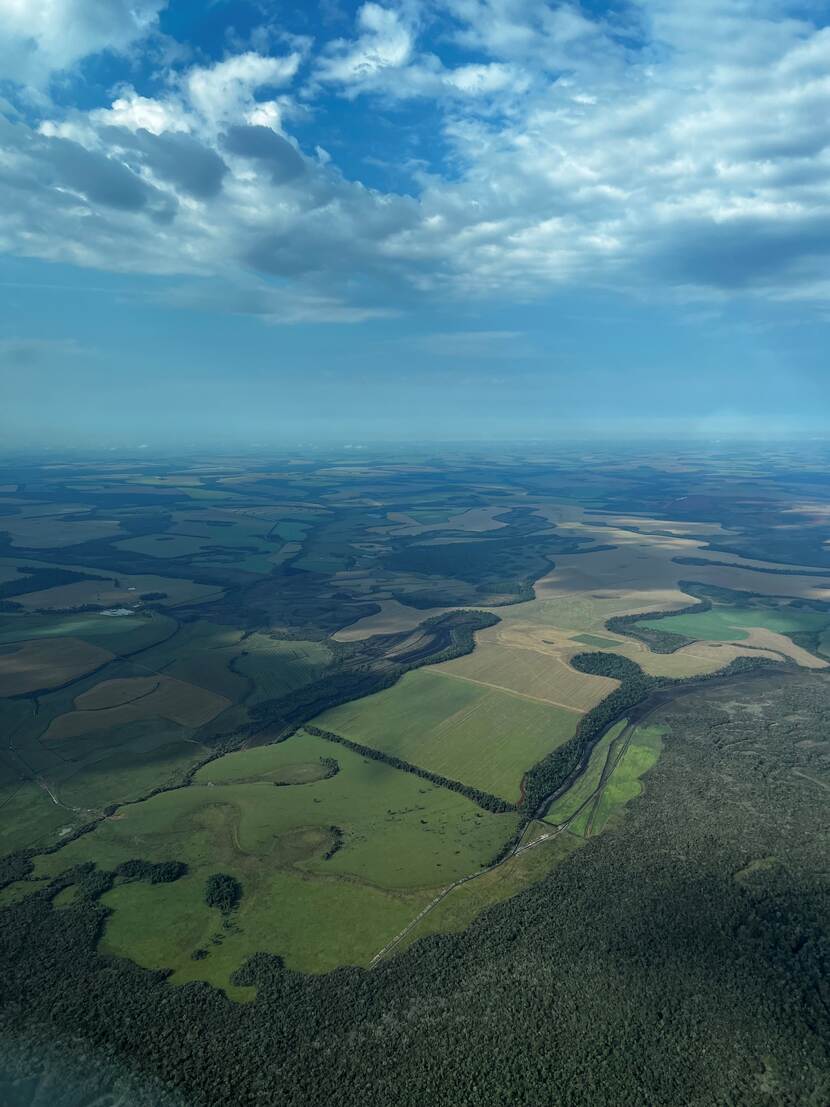
Initiatives to combat deforestation and promote sustainable production
To address these challenges, the LAN team Cono Sur, together with both local and international partners - Solidaridad Network, The Nature Conservancy, Tropical Forest Alliance, Asociación Argentina de Consorcios Regionales de Experimentación Agrícola, Fundación Vida Silvestre Argentina (WWF), Beccan Davila + Puentes, Wageningen University & Research - have developed initiatives to fight biodiversity loss, reduce deforestation, and promote sustainable farming models.
A key focus has been on comprehensive monitoring systems that track where agricultural products come from and ensure they comply with sustainable practices. These efforts involve thorough research and analysis, leading to custom solutions that tackle the root causes of biodiversity loss while encouraging a culture of environmental responsibility among local farmers, international stakeholders, NGOs, and financial institutions.
Promoting a holistic approach to conservation
The collaboration between the LAN team Cono Sur and its project partners focuses on promoting a holistic approach to conservation that goes beyond traditional methods. By recognizing the connection between agriculture and biodiversity, the partnership has helped foster a better understanding of how economic development and environmental integrity are linked. Through research, reports, workshops, and outreach efforts, the collaboration encourages a culture of sustainability, pushing stakeholders to adopt practices and initiatives that protect both agricultural lands and natural ecosystems.
‘The collaboration between the LAN team Cono Sur and its project partners focuses on promoting a holistic approach to conservation that goes beyond traditional methods’
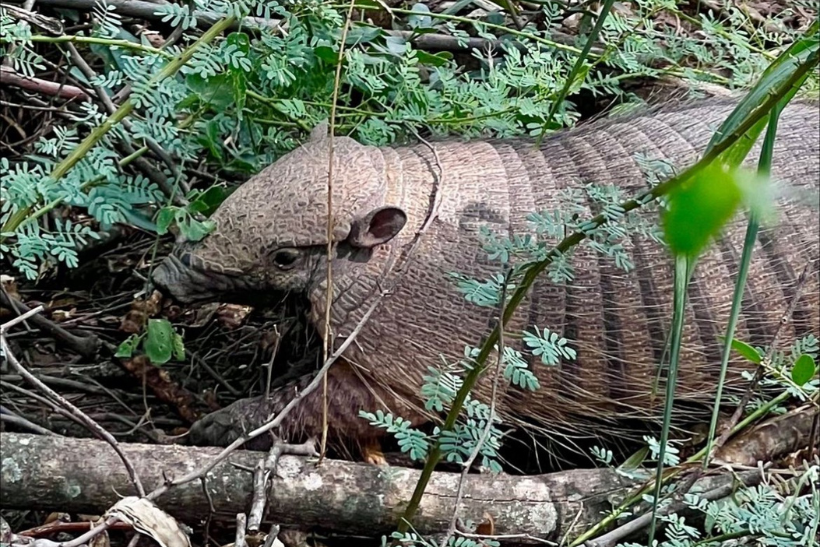
Biodiversity indicators in Argentine productive systems
One of the ongoing projects in Argentina is INBIOAGRO: developing indicators with farmers’ association Asociación Argentina de Consorcios Regionales de Experimentación Agrícola (AACREA) is a non-profit organization made up of about 2,200 agricultural producers who come together to share knowledge and experiences. AACREA aims to support farmers who are innovators and sustainability leaders in their communities.
Working together with AACREA farmers, experts from Argentine science and technology institutions like INTA, CONICET, universities, and private companies along with the support from the Land Innovation Fund , the LAN team and Wageningen University and Research contribute to creating field management strategies and solid indicators to assess the state of biodiversity in farming and livestock systems across four regions in Argentina (Gran Chaco, Pampa, Patagonia, and Cuyo).
This project is part of the AACREA Environmental Management initiative, a continuous improvement process that helps AACREA farmers address and assess the environmental impact of their operations.
The INBIOAGRO methodology seeks to incorporate biodiversity management into agricultural establishments, aiming to raise awareness of its environmental importance and how these strategies contribute to sustainability. The focus is not only on biodiversity itself but also on improving production and social relationships within the farming community. The indicators developed will be used in a biodiversity monitoring plan to evaluate the conservation spaces in the field and assess the long-term effects of management practices on ecosystems.
The project has already started in the Gran Chaco and Pampa Regions and is a multi-year plan. There’s currently no research on these issues across such a wide range of productive chains, activities, and regions, making this project a first of its kind.
Patagonian peatlands in Tierra del Fuego Island, Argentina & Chile
Despite their importance, Patagonian peatlands are under increasing threat from peat mining, moss extraction, invasive species like beavers, and fires. The continued degradation of these ecosystems could release large amounts of CO2 into the atmosphere, making it difficult to meet climate change targets. Additionally, it would harm climate adaptation efforts by disrupting the water supply services these ecosystems provide.
The project, in collaboration with Beccan Davila + Puentes, focuses on peatland restoration and research in both Argentina and Chile, specifically on the island of Tierra del Fuego. Its aim is to protect these vital ecosystems, which play an important role in sustaining Patagonian flora and fauna, carbon storage, and sustainable water management.
The goal is to restore and protect Patagonian peatlands, one of the largest wetland areas in the Americas, covering over 80,000 hectares. Wetlands support a rich variety of life, but 35% of the world’s wetlands have disappeared in the last 50 years. Restoring them not only increases biodiversity but also improves water quality and helps achieve Sustainable Development Goals 14 and 15.
The Patagonian Peatlands project consists of two pilots: Pilot A, located in Ushuaia, Argentina, aims to restore the degraded Andorra-Este peatland by rewetting the wetland and regenerating native moss, enhancing water security and ecosystem services, and serving as a model for similar restoration efforts in the region. Pilot B, in Karukinka Park, Chile, focuses on measuring the impact of invasive beavers on peatlands, particularly regarding water security and carbon sequestration, to develop and validate methodologies for monitoring these effects, with the goal of creating a replicable model for use in other Patagonian peatlands.

Sustainable development in the Gran Chaco, Argentina
The LAN team Cono Sur is also working together with Solidaridad Network, and the Tropical Forest Alliance in a location called Morillo, located in the dry Gran Chaco Argentino. This area is known for its dry conditions and year-round water shortages. Here, the project is taking concrete steps to balance economic progress with environmental conservation and smallholder integration.
Since 2021, Solidaridad has been working with 250 small livestock producers to improve their living conditions through a silvopastoral and regenerative production model, transitioning from a fragile income production model to a sustainable one. This project includes restoring 120,000 hectares of native forest. In 2023, the initiative scaled up to cover 400 small producers with the aiming to restore over 200,000 hectares of degraded land, while improving productivity indicators - such as more calves per cow, or more kg per ha - and strengthening the beef value chain for both export and local markets.
While the first stage aims to enhance both the environmental sustainability of the production system and the economic livelihoods of the farmers, stage 2 of the project will focus on conservation in degraded lands, with plans to develop environmental services that could create additional income for families, such as monetizing ecosystem services like CO2-capture.
Stage 3 involves scaling up these actions with a jurisdictional approach (600,000-800,000 hectares), involving multiple actors and nature-based landscape planning.
Next steps: while the office continues its work on the projects mentioned above, it will soon begin focusing on marine biodiversity as well, in collaboration with Fundación Vida Silvestre Argentina, Wageningen and other partners.
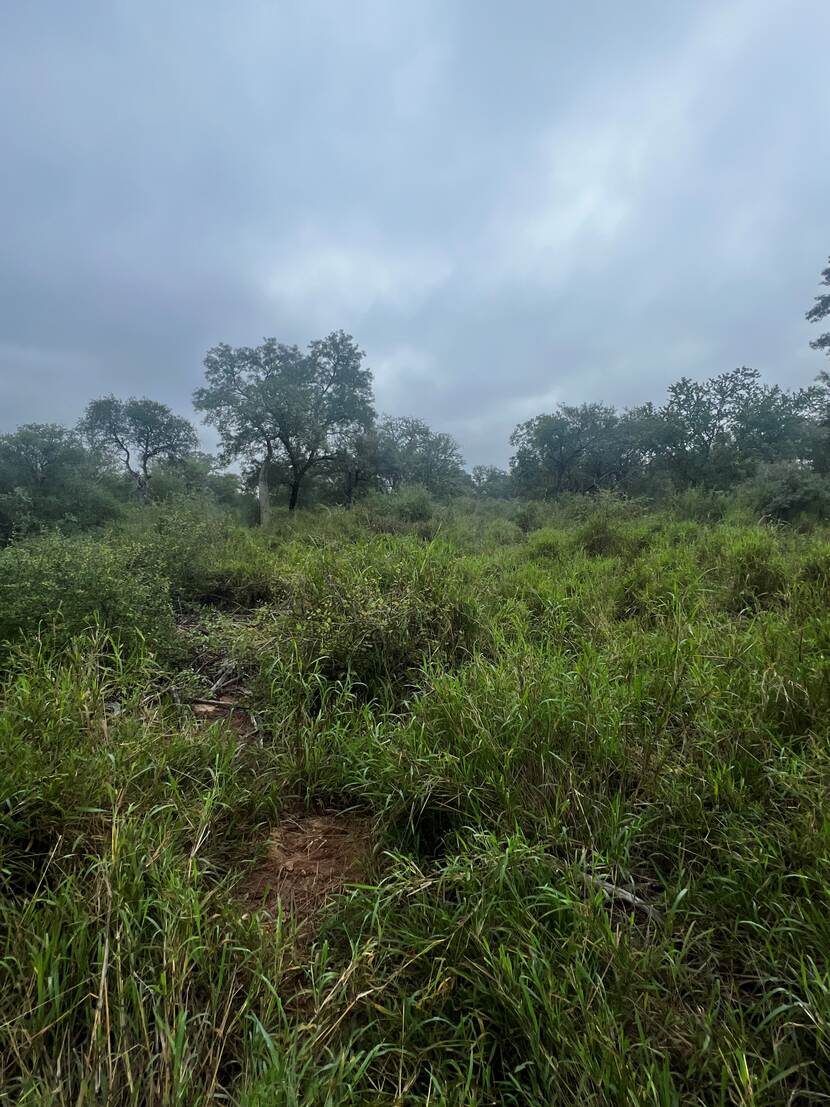
Call to action
Investors, researchers, NGOs, and industry leaders – your expertise can make a big difference in the fight against biodiversity loss, deforestation, and promoting sustainable farming models across Argentina, Uruguay, Paraguay, and Chile.
By combining funding, knowledge, science, leadership, and collaboration, all together we can develop scalable, long-term solutions that balance economic growth with environmental protection. Key steps include mobilizing resources, promoting sustainable policies and investing in responsible production systems. Equally crucial is supporting conservation efforts, adopting sustainable practices, and backing research that delivers innovative solutions, essential data, and improved best practices. Together, we can drive sustainable food production that safeguards vital ecosystems and secures a healthier future for all.
More information
Would you like to know more about Argentina’s holistic approach to conservation and the ongoing projects the LAN team is involved in? You can visit the country page of Argentina at the website Agroberichtenbuitenland.nl of the Dutch Ministry of Agriculture, Fisheries, Food Security and Nature. You can also send an email to the LAN team in Buenos Aires: bue-lvvn@minbuza.nl.

